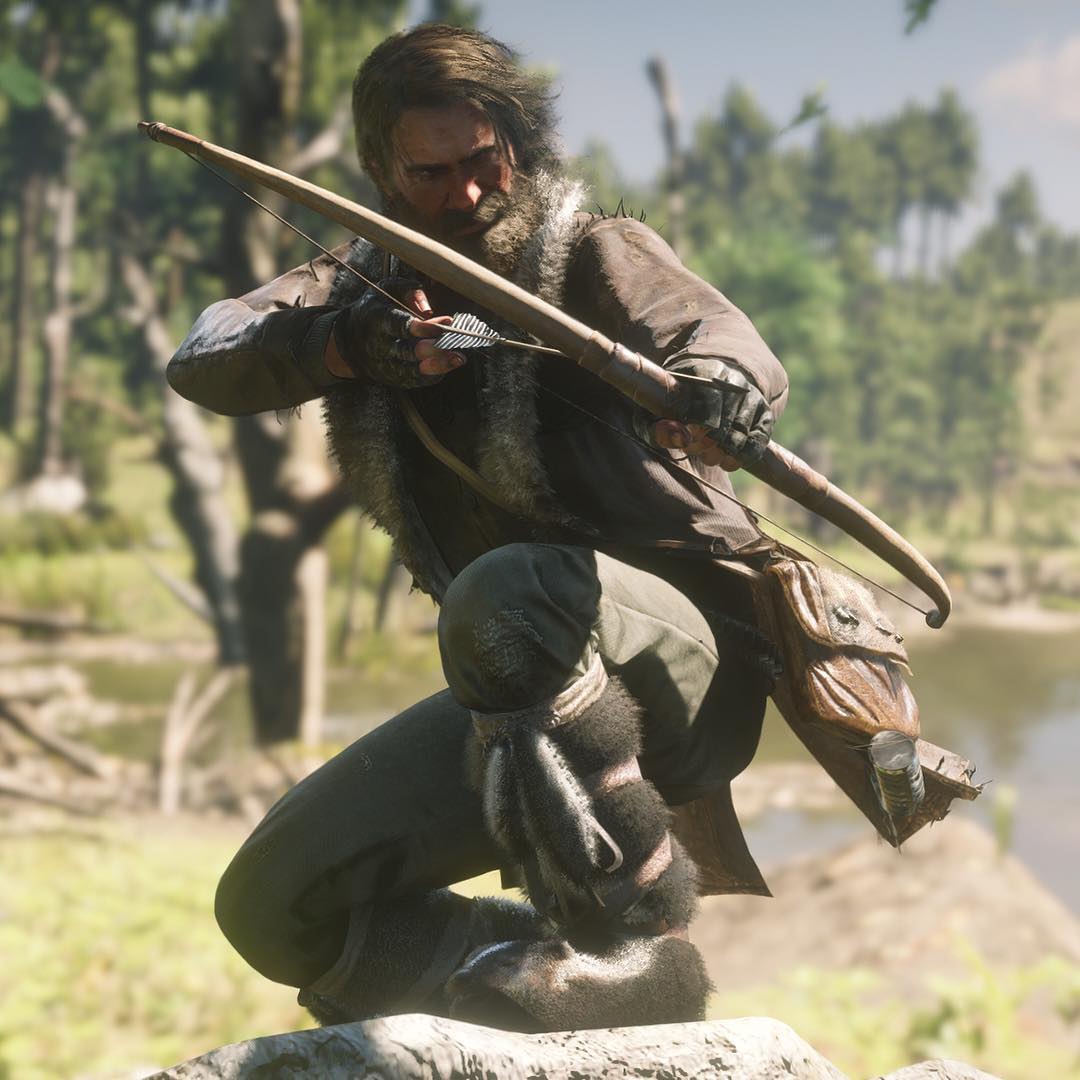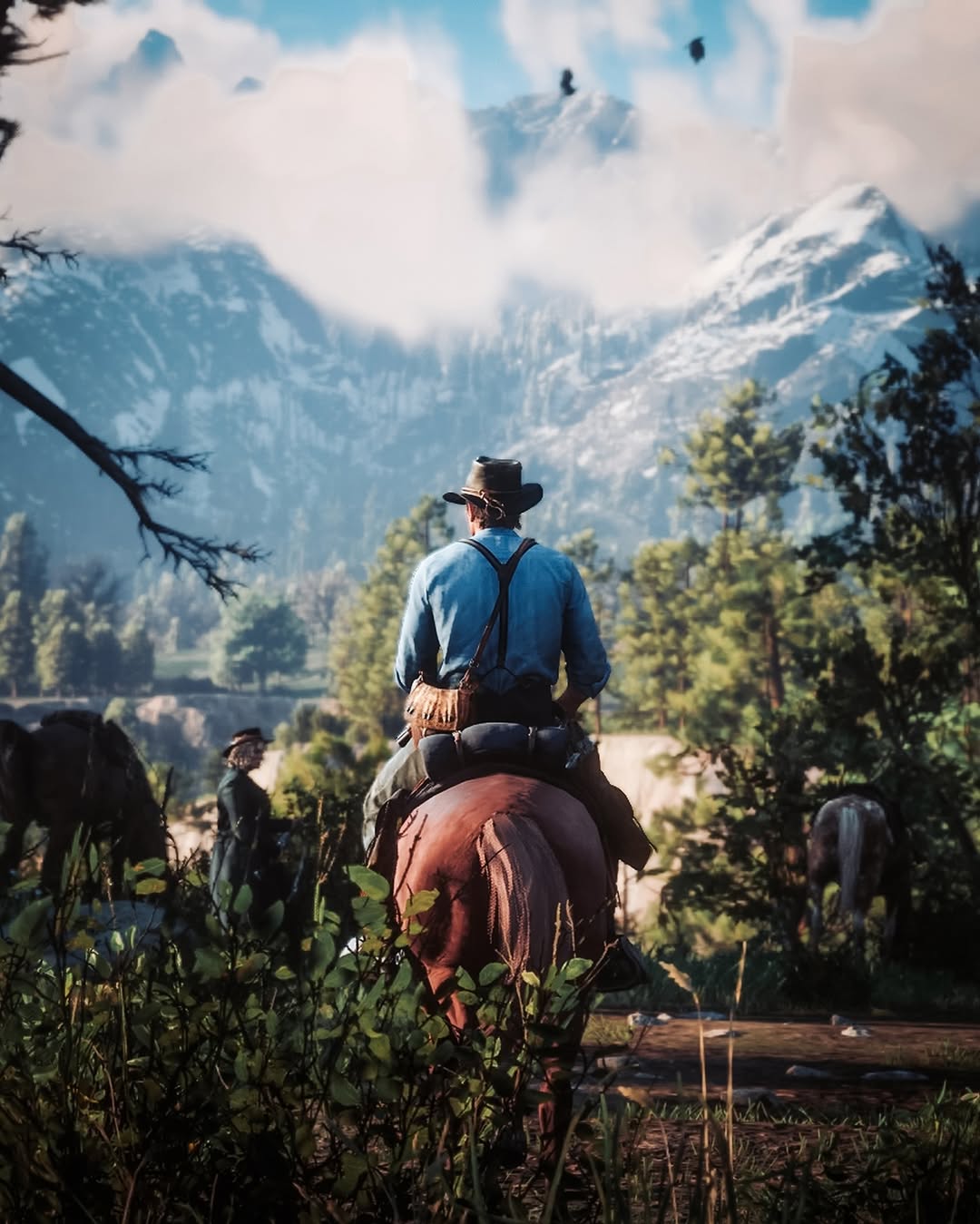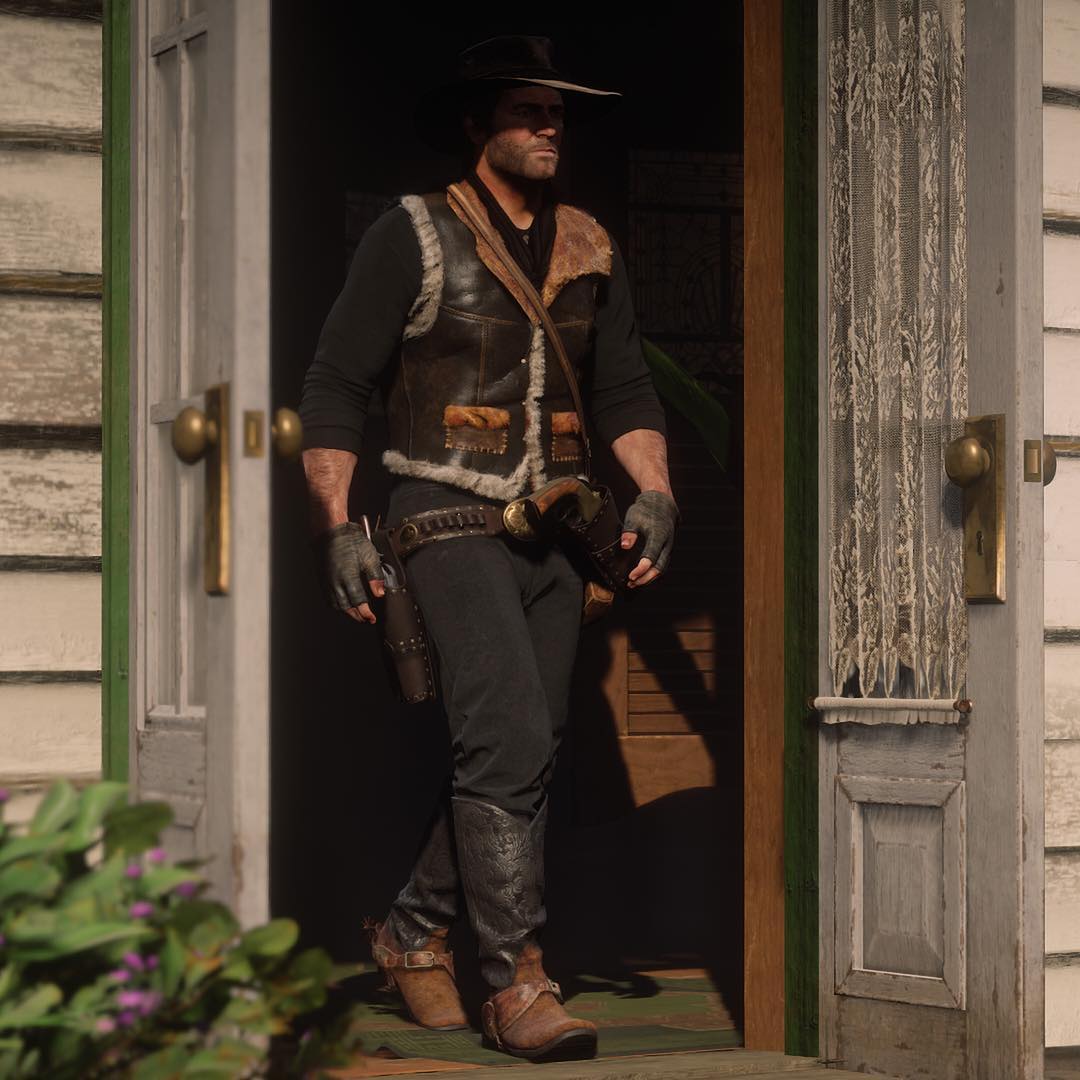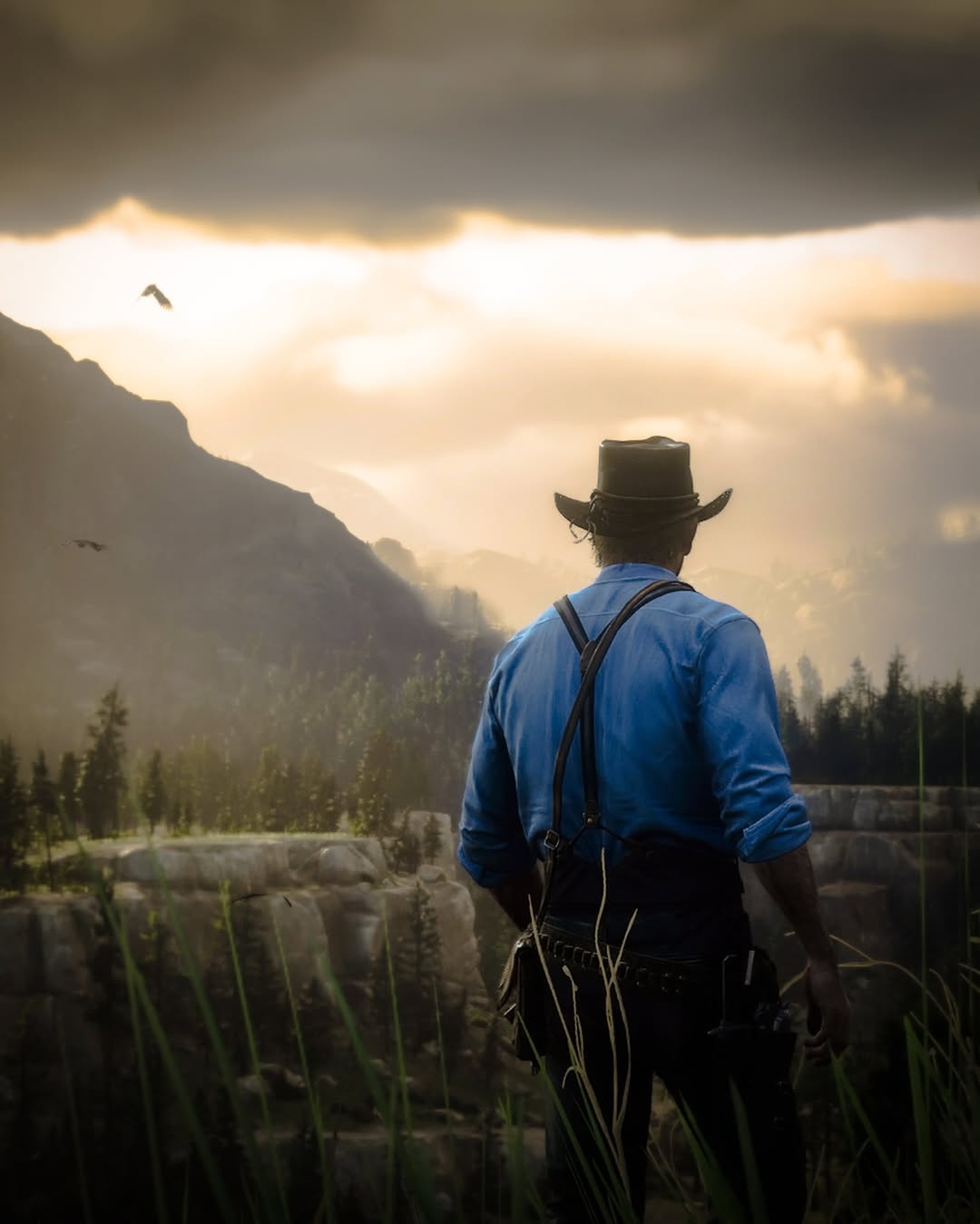The gaming industry has always produced its legends. These titles that do more than entertain; they shape entire eras in the process. Now, Rockstar Games’ Red Dead Redemption 2 has firmly entered that hallowed circle. The open-world Western epic has sold over 60 million copies worldwide, surpassing the combined sales of Pokémon Red, Green, Blue, and Yellow. With this milestone, it has secured its place as the sixth best-selling video game in history.
This achievement doesn’t merely underscore its commercial dominance; it also solidifies Red Dead Redemption 2 as a cultural landmark. It is the kind of release destined to be remembered decades from now, standing shoulder-to-shoulder with the most celebrated titans of gaming. After all, few games have managed to so seamlessly blend cinematic storytelling, technical mastery, and unrestrained player freedom—elements that together create an experience powerful enough to captivate both casual audiences and the most dedicated of gamers.
Red Dead Redemption 2: A Historic Ride to the Top
When Red Dead Redemption 2 launched in October 2018, it rode into the gaming world under the weight of sky-high expectations. Its predecessor had already earned a fiercely loyal following, yet Rockstar’s follow-up was more than just a sequel. It was a bold expansion of the very genre it inhabited. Set against a meticulously crafted vision of America’s 1899 frontier, the game invited players into an open world where every dusty trail, bustling saloon, and fleeting sunset felt startlingly alive.
These details were far more than mere aesthetic flourishes; they formed the heartbeat of a living, breathing ecosystem that offered a rare kind of immersion. Horses shivered in the rain, snow crunched differently underfoot depending on its depth, and even the subtlest shifts in a character’s facial expressions told stories of their own. By marrying this meticulous realism with narrative depth, RDR2 redefined what an open-world experience could be. That fusion didn’t just win critical acclaim. It fueled a groundswell of word-of-mouth that propelled sales far beyond launch week and into gaming history.
From Frontier Legend to Record Breaker

By surpassing Pokémon’s original releases, Red Dead Redemption 2 stepped into a realm typically reserved for cross-generational juggernauts like Tetris, Wii Sports, and Grand Theft Auto V—the latter, fittingly, another Rockstar creation and the reigning second-best-selling game of all time. What makes this milestone especially significant is its context within gaming history. Many of the chart-topping titles earned their lofty numbers over decades, aided by countless re-releases, remasters, and ports across multiple generations of hardware.
RDR2, however, accomplished its climb in under seven years, and largely on just two console generations plus PC. That velocity places it in rare company, reinforcing the idea that single-purchase, premium-priced games can still command global attention in an era increasingly dominated by free-to-play and live-service models. It’s not just a sales triumph. It’s a statement about what’s still possible in modern gaming.
Why It Resonates Years Later

Part of RDR2’s staying power lies in its storytelling. Arthur Morgan, the central protagonist, isn’t just a gunslinger. He’s a fully realized character whose moral struggles echo the game’s larger themes—loyalty, survival, and the inevitability of change. Players aren’t merely checking off missions. They’re stepping into a layered human drama, set against the fading light of the American frontier.
Moreover, the game’s online counterpart, Red Dead Online, helped extend its life cycle. While it never achieved the cultural dominance of Grand Theft Auto Online, it maintained a loyal community. New modes, missions, and customization options kept players coming back. And even for those who ignored the multiplayer, the single-player campaign’s depth encouraged multiple playthroughs. That replayability has been a key factor in its long-term sales momentum.
A Place in Gaming’s Hall of Fame

When discussing the greats of gaming history, certain titles inevitably surface. The Legend of Zelda: Breath of the Wild for redefining exploration, Minecraft for unleashing limitless creativity, and Grand Theft Auto III for shaping modern open-world design. Red Dead Redemption 2 belongs in that same conversation—not only for what it accomplished, but for how it accomplished it.
This is a game that pushed the boundaries of narrative integration, environmental realism, and emotional depth. Those elements don’t always translate into commercial success. Yet RDR2 achieved both critical acclaim and record-breaking sales. It stands as proof that, on rare occasions, artistry and mass appeal can meet. And when they do, the result is unforgettable.
Looking Forward

With Rockstar now deep into Grand Theft Auto VI, the future of the Red Dead franchise is uncertain. Fans speculate about a third installment, or perhaps a full remake of the original Red Dead Redemption built in RDR2’s engine. Whatever form it takes, the sequel’s success has set an imposing standard. It will shape how games are developed and how players measure expectations for years to come.

Its sixth-place spot on the all-time sales list isn’t just a statistic. It’s a statement. It says that rich, single-player experiences can still shine in an industry dominated by fast-paced, online-first titles. It says that attention to detail still matters, and that players will reward worlds that feel hand-crafted and lived-in. Most of all, it says that when a story is told well, people will return to it long after the credits have faded.
And so, as another chapter in gaming history closes, Red Dead Redemption 2 rides on. Not merely as a commercial success, but as one of the defining titles of its generation. In a medium where trends shift like desert winds, that kind of staying power is the true treasure.
Featured image: Rockstar Games
For the latest in fashion, lifestyle, and culture, follow us on Instagram @stylerave
